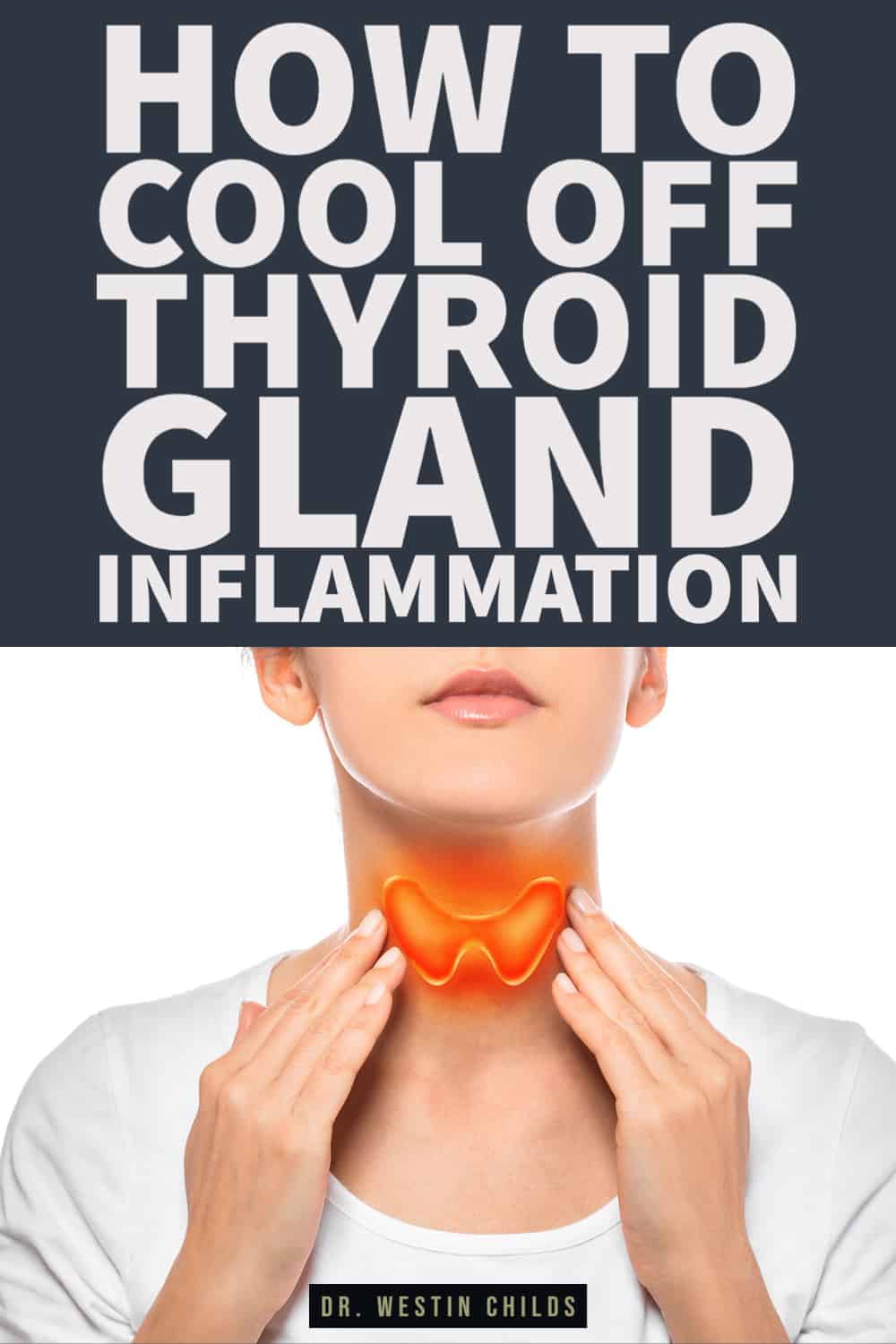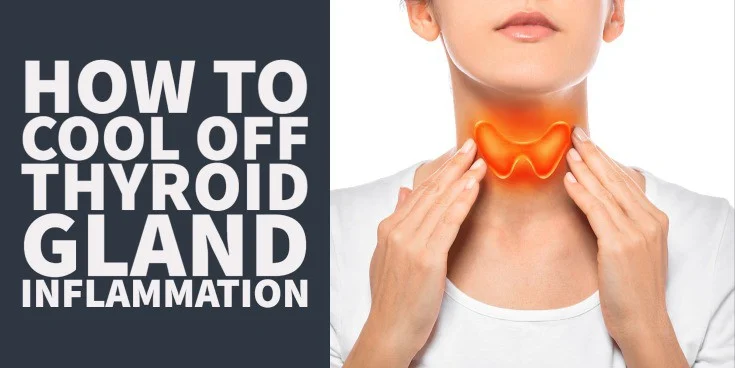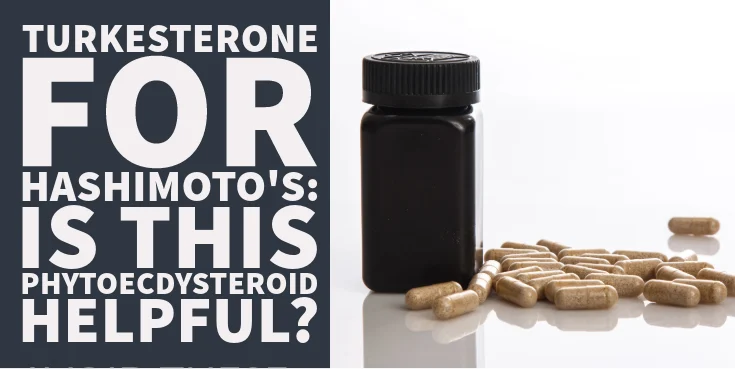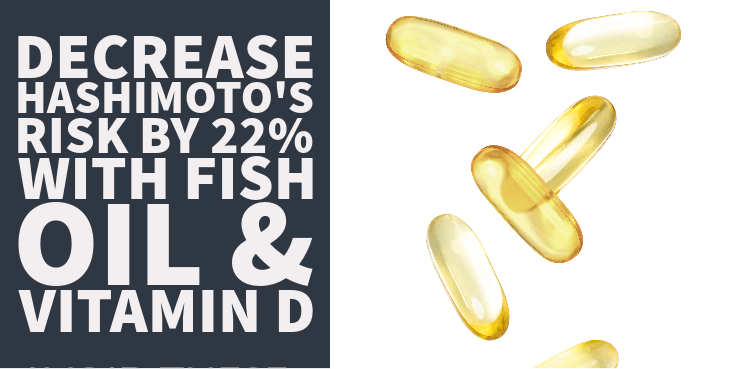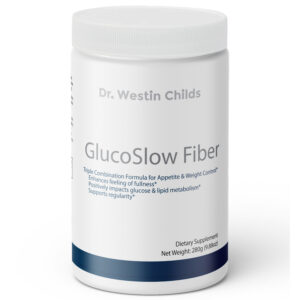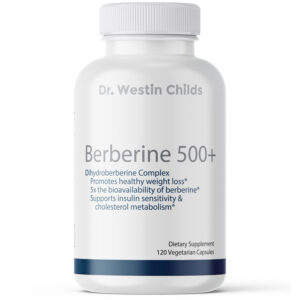Inflammation Damages your Thyroid
You should really think about Hashimoto’s disease as a disease of inflammation.
I know that it’s an autoimmune disease but what is an autoimmune disease if not a problem with your immune system?
And because the immune system controls and regulates the inflammatory system, these systems are really one and the same.
This is great for you, as a patient with Hashimoto’s, because it means you can use the signs of inflammation as a way to determine if you are treating your Hashimoto’s disease correctly.
Why does this matter?
Because you are probably the only one who cares that you have Hashimoto’s in your body.
And I don’t mean that to depress you, I’m just being real with you.
Your doctor really doesn’t care that you have Hashimoto’s, they really only care about the status of your thyroid gland and whether or not it can produce thyroid hormone.
And if you don’t believe me, by the way, go ahead and ask them.
They will tell you point-blank.
But what doctors miss is that there are ways that you can MANAGE that inflammation to reduce the DAMAGE from Hashimoto’s.
So it is incredibly important for you to be aware if inflammation is running rampant in your body.
Today we are going to be discussing exactly that:
DOWNLOAD FREE RESOURCES
Foods to Avoid if you Have Thyroid Problems:
I’ve found that these 10 foods cause the most problems for thyroid patients. Learn which foods you should avoid if you have thyroid disease of any type.
The Complete List of Thyroid Lab tests:
The list includes optimal ranges, normal ranges, and the complete list of tests you need to diagnose and manage thyroid disease correctly!
Symptoms of Inflammation in Hashimoto’s Patients
#1. Fluctuating thyroid levels.
The most common symptom of inflammation in Hashimoto’s is that of fluctuating thyroid hormone levels.
What do I mean?
I’m talking about changes to your hormone function.
Inflammation is associated with either a downward trend in thyroid function or an upward trend in thyroid function.
Most people will experience this as low thyroid function, meaning the symptoms of hypothyroidism or low thyroid.
This is why Hashimoto’s is often referred to as Hashimoto’s hypothyroidism.
Because it causes hypothyroidism!
But, it can also cause hyperthyroidism.
Inflammation can damage the thyroid and result in too much thyroid hormone production which leads to hyperthyroid symptoms.
Acute damage tends to cause this problem while chronic long-term inflammation tends to cause low thyroid function.
One of the reasons that Hashimoto’s patients struggle to identify how they feel is because this process can go up and down like a roller coaster.
One week you can feel hyperthyroid and the next you can feel hypothyroid which can seem confusing.
But if you understand what inflammation is doing then it doesn’t have to be.
The goal is obviously to cool down this inflammation to stabilize your thyroid function.
#2. Feeling run down
Do you ever feel like you just don’t have the energy that you used to?
Like it‘s difficult to get out of bed and do your day-to-day activities?
Or how about just not having the drive or motivation to do the things that you know you HAVE to do?
These are all signs of inflammation in Hashimoto’s patients.
Both low thyroid AND inflammation can cause fatigue but the fatigue or low energy in inflammatory states tends to be less pronounced compared to low thyroid states.
Put another way:
Inflammation just causes you to feel run down and a little bit tired.
The fatigue in low thyroid states tends to be much more pronounced and much worse.
But both states can contribute to your overall energy level.
#3. Joint pain and stiffness (in the muscles or back)
Do you wake up in the morning and find that you are feeling stiff?
Do your joints ever ache during the day?
Do they feel better once you start moving around?
Does it feel like your back is stiff and not as flexible as it used to be?
If you answered yes to any of these questions then you may be experiencing the effects of inflammation.
You can think of inflammation as junk or glue which slows down the mobility of your joints.
The more inflammation you have, the harder it is to get up and move.
But once you get moving you start to “grease” the joints, so to speak, which helps improve your mobility.
Not everyone experiences this stiffness, though!
Some people experience joint PAIN or low back PAIN in the joints themselves.
Whether you experience stiffness or actual pain, inflammation is probably to blame.
#4. Allergies or reactions to foods
Inflammation makes your entire body more sensitive than it would be otherwise.
And these sensitivities extend to your intestinal tract and your gut.
The same organ is responsible for breaking down the food that you eat each and every day.
What happens when inflammation hits the gut?
It starts to react to foods that you otherwise wouldn’t have reacted to in the past.
If you’ve ever had a food allergy test you probably know what I am talking about.
If you get a delayed IgG food allergy test when inflammation is running rampant in your body, you will find that you react to just about every food.

You’ll see reactions to sweet potatoes, chicken, beef, broccoli, and the like.
Are you really “allergic” to these foods?
Most likely not, instead your gut is just incredibly sensitive to these foods because it is inflamed.
And these “sensitivities” will most likely go away once you calm down that inflammation.
So one sign of inflammation from Hashimoto’s is new allergies to foods that you otherwise used to be able to consume.
These are most likely not true allergies, though, so don’t let it stress you out!
But they are a reason to get your inflammation under control ASAP.
#5. Skin rashes or other skin problems (acne, dermatitis, eczema, etc.)
Your skin is one massive organ, the biggest organ in fact, and it does a lot more than you probably realize.
Aside from keeping water and nutrients in your body, acting as a barrier from foreign bodies, and protecting you from infection, it’s also an amazing canary in the coal mine for the inside of your body.
The good thing about your skin is that you can SEE it with your eyeballs.
And this is a valuable tool!
You can’t easily look at your other organs such as your liver or your thyroid, at least not without special radiology imaging.
But your skin can be visualized without any special tools.
And this is great because it’s often one of the first organs to show that there are problems on the INSIDE of your body.
Inflammation in the body can create a situation where your skin may start to develop various conditions which can all be seen with your eyes.
Conditions like dermatitis, rashes, acne, and eczema should be seen as signs that your skin is screaming to you that something is wrong.
You might think that problems with your skin are the result of something irritating your body from the OUTSIDE but it’s actually the exact opposite.
When your body is inflamed, your skin becomes more SENSITIVE to stimuli that would have otherwise not caused any issues.
And these stimuli can manifest as the symptoms listed above.
So if you have any unexplained rashes, bumps, weird discolorations, or anything of the like, it may be a sign that you have inflammation in your body.
This is further complicated by the fact that your thyroid also regulates your skin in various ways as well.
Acne, hair loss, dry skin, and fingernail problems may also be a sign that your thyroid isn’t working properly.
#6. Symptoms of other autoimmune diseases
If you have Hashimoto’s then you already have one autoimmune disease, as if that wasn’t bad enough.
But did you know that if you have one autoimmune disease you have a much higher risk of developing a second?
This risk most likely stems from inflammation and immune dysfunction.
The very thing that caused your first autoimmune disease (in this case, Hashimoto’s) is also very likely to cause a SECOND autoimmune disease.
The only problem with developing a second autoimmune disease is that it’s not always obvious which one you may get.
Autoimmune disease, and the symptoms of autoimmune disease, exist on a sliding scale.
Sometimes the symptoms are obvious, easy to identify, and lead to a quick diagnosis.
For instance…
Many patients with Hashimoto’s also have Celiac disease (1) (another autoimmune disease) as well as vitiligo (2).
Both of these are autoimmune diseases but they present with different symptoms.
But what if instead of having stomach pains and changes to your skin pigmentation, you just get a general feeling of fatigue, joint pain, or neurological problems?
Do you have lupus? Do you have MS? Or something in between?
This is the predicament that many patients with one autoimmune disease find themselves in.
It’s not always obvious or easy to diagnose a second or third autoimmune disease which can lead to prolonged and unnecessary symptoms.
The key here is to treat the underlying problem (the thing we will talk about next) to prevent further autoimmune diseases from developing.
But you should know that you are at increased risk for developing other autoimmune diseases if you have Hashimoto’s and this should be a big reason to reduce inflammation.
What Causes Inflammation in Hashimoto’s?
Knowing that you have inflammation in your body is only PART of the solution.
The other part includes finding out the CAUSE of that inflammation and managing that.
This is how you can treat Hashimoto’s naturally!
With that in mind, let’s talk about some of the sources of inflammation.
If you can identify these sources, and manage them, then you will be in a good position to treat your thyroid.
- Not eating clean enough – Diet probably plays the single most important role in regulating inflammation in your entire body. The foods that you put into your mouth contain information and that information can either help reduce inflammation or cause it. Gluten, dairy, inflammatory fats, and processed foods tend to cause the most problems but there are many other foods that can do it as well!
- Nutrient deficiencies – There are several vitally important nutrients that your thyroid needs in order to function. Zinc, Selenium, and Iodine all fit into this category. A deficiency in any of these nutrients is enough to not only cause thyroid problems but can also trigger inflammation AND Hashimoto’s.
- Not sleeping enough – Lack of sleep is a KNOWN trigger of inflammation. In fact, studies show that just reducing your sleep by 1-2 hours each night increases inflammatory hormones (3), reduces thyroid hormones, and lowers sex hormones! Do not sacrifice your sleep for any reason if you have Hashimoto’s!
- Too much stress – Stress is often one of the primary triggers of Hashimoto’s in many people. Stress from things like poor work/home-life balance, the loss of a loved one, divorce, and being a caretaker for several years, are some of the most common triggers I personally see. But I’ve also seen Hashimoto’s triggered by car accidents and other forms of physical trauma as well. Why? Because they all cause stress.
- Chemicals and toxins – Exposure to everyday chemicals and toxins can lead to inflammation and thyroid damage! And I’m not even talking about exotic chemicals here, either. Exposure to ingredients in makeup, chemicals found on foods, preservatives in food, flame retardants, cleaning chemicals, and more, can all cause inflammation and damage your thyroid.
- Inflammation in the gut – Inflammation in the gut leads to all sorts of problems and can even be the primary cause of Hashimoto’s in certain people. Your gut protects the inside of your body from harmful toxins, bacteria, food particles, and anything else that makes it down your mouth. Damage, in the form of inflammation, weakens the barrier of your gut and diminishes its protective capacity.
- Low thyroid function – Low thyroid function itself can actually exacerbate Hashimoto’s thyroiditis. This is why some people see a dramatic improvement in their antibodies and inflammatory levels when they start taking thyroid medication. You can either improve your thyroid with natural thyroid remedies or with the use of thyroid prescription medications.
Final Thoughts
Inflammation is something that YOU should be aware of if you have Hashimoto’s thyroiditis.
In fact, you should really be aware of these signs and symptoms regardless of whether or not you have Hashimoto’s.
Inflammation is NEVER a good thing and it is something that should be aggressively targeted and treated.
Most people, and I’m one of them, believe that inflammation is at the root of most chronic illnesses (4) (or at least part of that equation).
This includes autoimmune disease, obesity, heart disease, and so on.
This makes managing inflammation a top priority for ALL thyroid patients.
Now I want to hear from you:
Do you have any of the symptoms of inflammation?
If so, which ones?
Do you know if you have inflammation in your body? Do you suspect that you do?
Have you treated or reduced the inflammation in YOUR body?
If so, how did you do it?
Leave your questions or comments below!
